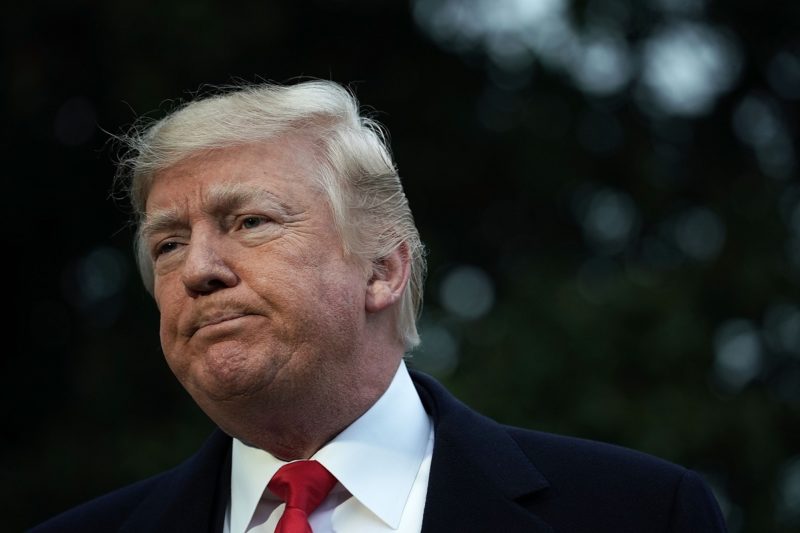Court Blocks Trump’s Plan to Gut Birth Control Access (Updated)
The Trump administration didn't follow the rules when it tried to roll back the Affordable Care Act's contraceptive mandate.

UPDATE, December 21, 7:16 P.M.: A federal district court in California on Thursday, December 20, also issued a nationwide injunction, blocking the Trump administration’s attempt to end the birth control benefit in the Affordable Care Act. The ruling came in a case brought by states attorneys general from California, Delaware, Virginia, Maryland, and New York.
A federal judge on Friday issued a nationwide injunction blocking the Trump administration’s latest attempts to gut the birth control benefit in the Affordable Care Act (ACA).
The ruling came in one of two lawsuits filed by states’ attorneys general challenging the administration’s efforts to end the benefit. In October, the administration released a final interim rule that allows most business to launch either a religious or moral objection to complying with the Obamacare mandate that obligates employers to provide no-cost insurance coverage of contraception. Almost as soon as the rule was released, opponents sued, arguing the Trump administration had failed to follow the law in issuing it.
On Friday, federal district court judge Wendy Beetlestone in Pennsylvania agreed and issued a preliminary injunction blocking the rule nationwide. According to Judge Beetlestone, the rule contradicts the text of the ACA by granting employers a moral—in addition to a religious—objection to complying with the law. Judge Beetlestone also said in her decision that if the administration’s rule were allowed to take effect, tens of thousands of women would lose contraceptive coverage. “The potential harm faced by Pennsylvanian women and across the nation is enormous and irreversible,” Judge Beetlestone wrote.
“A simple hypothetical illustrates the insidious effect of the moral exemption rule,” Judge Beetlestone wrote. “It would allow an employer with a sincerely held moral conviction that women do not have a place in the workplace to simply stop providing contraceptive coverage.”
Furthermore, wrote Beetlestone, it is difficult to imagine a rule that “intrudes more into the lives of women” than the one targeting contraceptive coverage.
The Trump administration argued that the rule has a minimal impact on employees compared to the “substantial burden” placed on employers’ religious or moral objection to complying with the ACA’s birth control benefit. Judge Beetlestone rejected that argument outright and noted the “real life consequences” of the administration’s rule.
“Women,” Judge Beetlestone wrote, “will likely forgo contraceptive services or seek out less expensive and less effective types of contraceptive services in the absence of no-cost insurance coverage.” Additionally, if access to contraceptive coverage as designed in the ACA is thwarted by the Trump administration, employees will be much more likely to “seek state-funded sources of contraceptive care” and thus create additional financial costs for states, Beetlestone noted.
Judge Beetlestone also held that the Department of Health and Human Services could not bypass the legally required normal procedures agencies must go through before issuing a rule like the one purporting to block the birth control benefit; the department had not adhered to these procedures.
Almost immediately following the ruling, attorneys on behalf of the Little Sisters of the Poor filed an appeal to the Third Circuit Court of Appeals, the federal appellate court that hears cases originating in Pennsylvania. The Little Sisters are not a party to the litigation, so it is unclear what, if any, legal effect their attempt to appeal the order will have. The Little Sisters tried unsuccessfully to intervene, or join, the lawsuit earlier. Judge Beetlestone denied the Little Sisters’ request earlier this month, ruling they could not sufficiently show they would be legally injured should those challenging the Trump administration’s rule fail to prove their case. The Little Sisters have filed an appeal on that ruling as well.
Meanwhile in California, a federal judge is considering an identical request by the Little Sisters to join the lawsuit there challenging the administration’s rule as well. The court is also considering a request to block the administration’s rule. No decisions have yet been issued in that case.

